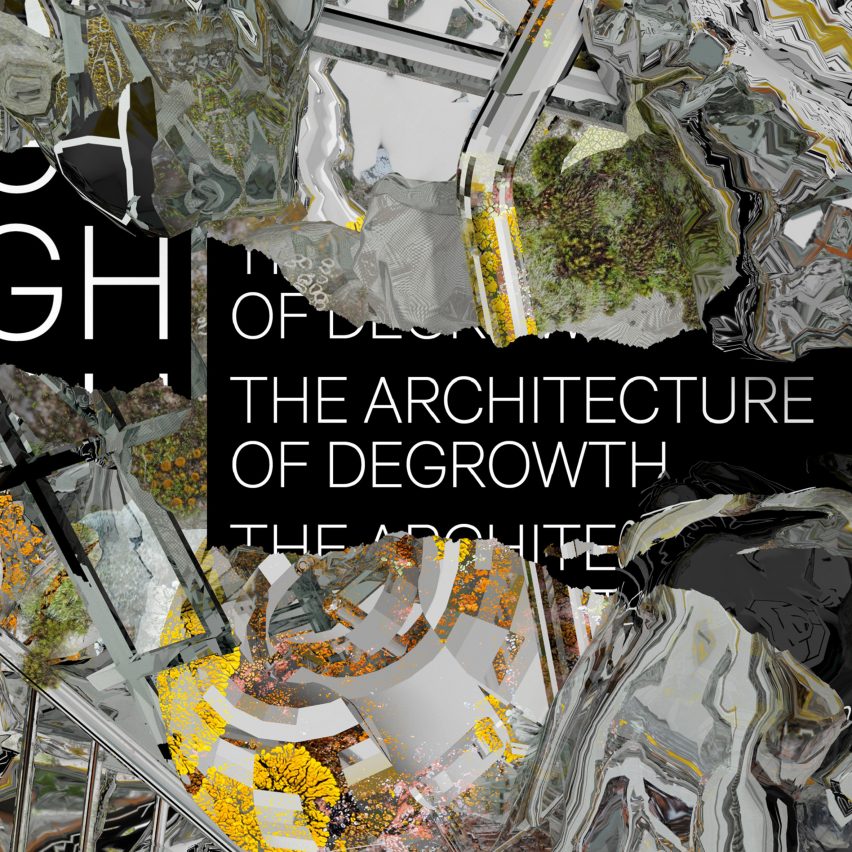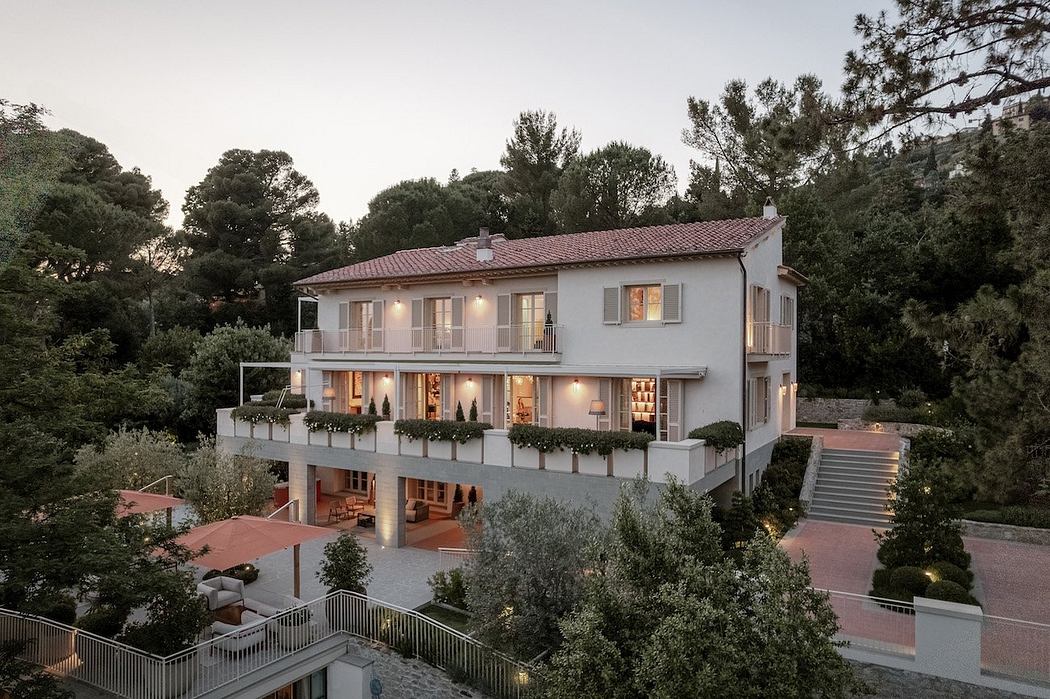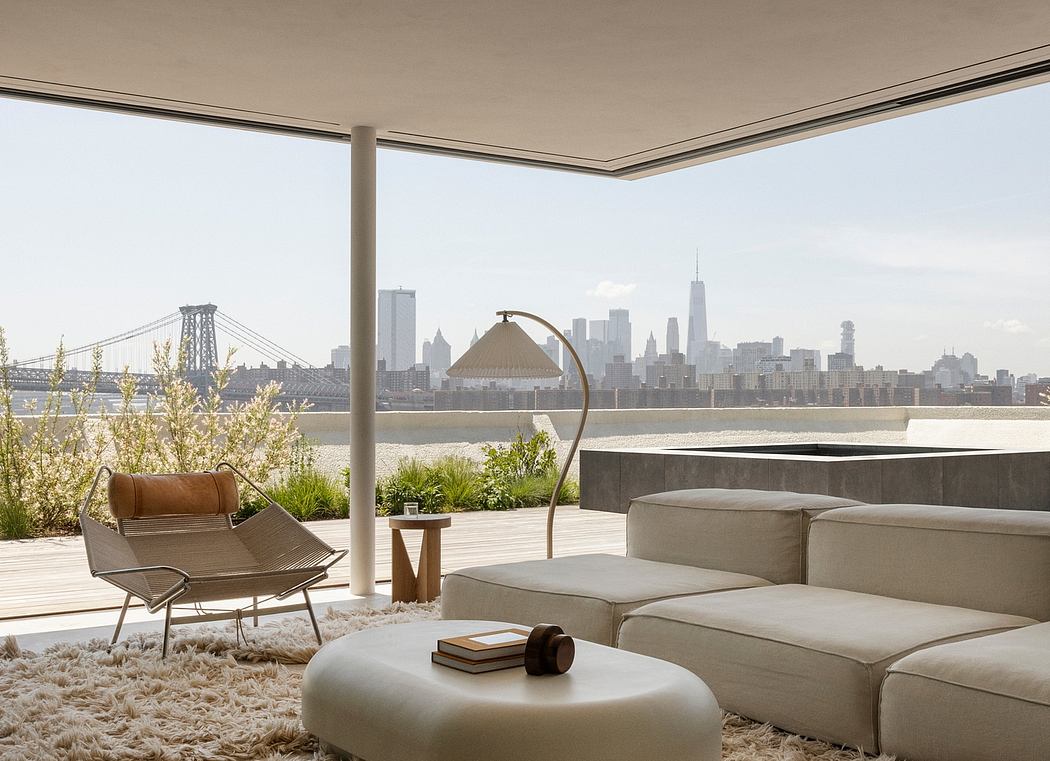"Our dependency on growth, like on concrete, must be abolished"

The pursuit of infinite economic growth is driving climate breakdown and producing ecologically toxic architecture, argues Phineas Harper, one of the chief curators of the Oslo Architecture Triennale.
Shipwrecked in a storm, you might avoid a watery grave if by chance the top of a mahogany grand piano came floating past. Clambering aboard this improvised raft, you could cheat death, but your miraculous escape would not mean that the best design for a life jacket is a piano top, nor that ships should ensure the safety of their passengers by stocking an abundance of Steinbergs.
As Richard Buckminster Fuller pointed out in this allegory from his 1968 Operating Manual for Spaceship Earth, a makeshift solution which just about works for the time being should not be conflated with the best tool for the job. Yet as a species we are clinging to all manner of piano tops ? systems, practices and materials that allow society to stumble along despite being evidently unfit for purpose and increasingly unable to weather the turbulent waters ahead.
"If we invented concrete today, nobody would think it was a good idea," argued Michael Ramage, head of the Centre For Natural Material Innovation at the Architecture of Emergency summit in London last week. "It's liquid, needs special trucks, takes two weeks to get hard and doesn't even work if you don't put steel in it. Who would do that" ? Nobody!"
Global political orthodoxy declares growth is good, and that more is ...
| -------------------------------- |
| ST/SongEun Building by Herzog & de Meuron opens to public in Seoul |
|
|
Villa M by Pierattelli Architetture Modernizes 1950s Florence Estate
31-10-2024 07:22 - (
Architecture )
Kent Avenue Penthouse Merges Industrial and Minimalist Styles
31-10-2024 07:22 - (
Architecture )






